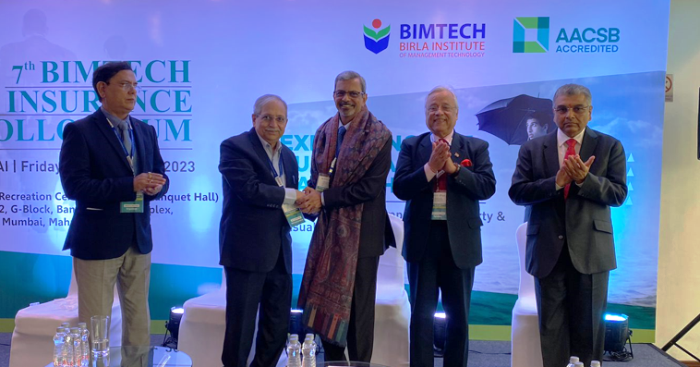calScreener™ to become the industry gold standard for combination testing of antibiotics within five years
New Delhi, February 08, 2018: Symcel – the company behind the revolutionary cell-based assay tool for real-time cell metabolism measurements, calScreener™ – is expanding to bring its patented technology to the clinical antimicrobial susceptibility testing (AST) markets. The company states it is a key time in its strategic development and, with an increased global focus, Symcel forecasts that calScreener™ will become the gold standard for combination testing of antibiotics against multi-resistant bacteria within the next five years.
The company is currently commercially leveraging the Horizon 2020 funded Phase II (AST) project – in which multi-resistant bacterial infections will be clinically validated using Symcel’s sensitive screening method.
“Our business development strategy has evolved and is now twofold: we will be targeting growth both from sales to the big clinical microbiology market, as well as increasing revenues from key research markets including metabolic, microbiology and 3D culturing applications. Currently, we will focus sales activities specifically on the microbiology research market – especially targeting developers of antibiotics in academia and industry as well as scientists working on solutions to biofilm formation and antimicrobial resistance” commented Jesper Ericsson, CEO of Symcel.
For the execution of its global ambitions, Symcel has brought on board a number of prominent business drivers to push clinical market growth. Dr. Marta Veses Garcia, Symcel’s new application scientist, will lead the experimental work within the Horizon 2020 project together with scientific partners from the Karolinska Institutet and other European research institutes. She is a scientific expert in antimicrobial sensitivity testing methods who previously worked for the Karolinska Institutet in Stockholm, Sweden. At Karolinska, she developed a novel diagnostic chip for antibiotic resistance and has expert knowledge of the requirements for developing experimental designs in-line with clinical and regulatory requirements. Dr. Karin Gillner joins Symcel as a project manager tasked with running the Horizon 2020 project including from an innovation management perspective. She has over 15 years experience of research, project management and coordination of multicenter studies. Pelle Friberg joins Symcel as its sales lead and will work closely with the CEO on the company’s sales and marketing strategy. Prior to this, he worked for BioLamina where he was instrumental in building up key accounts and direct sales strategies within the cell-based assays research market in Europe.
The newly recruited personnel will facilitate the advanced expertise of the company’s senior executives ultimately responsible for driving the company’s corporate and scientific development. This includes the CEO, Jesper Ericsson – recruited last year in recognition of his proven entrepreneurial skills in bringing new technologies to the research community combined with his advanced technical and scientific knowledge – and the CSO, Dr. Magnus Jansson and seasoned BD Manager Göran Conradsson. Jansson has 25 years experience in the biotechnology and pharmaceutical development industries, with extensive expertise in laboratory disciplines that include assay development and target discovery research.
Symcel’s pioneering calScreener™ method has already established significant sales and research projects amongst scientific and clinical key opinion leaders in the antimicrobial resistance and antimicrobial susceptibility testing fields – a factor which underlies Symcel securing the Horizon 2020 grant.
Ericsson added: “We are very pleased to welcome Marta Veses Garcia, Karin Gillner and Pelle Friberg to the company at this exciting time in its development. We look forward to utilising their respective skills and working closely with them all as we clinically validate our innovative technology in AST and initiate our five-year plan to enter and expand into the clinical space”.

























